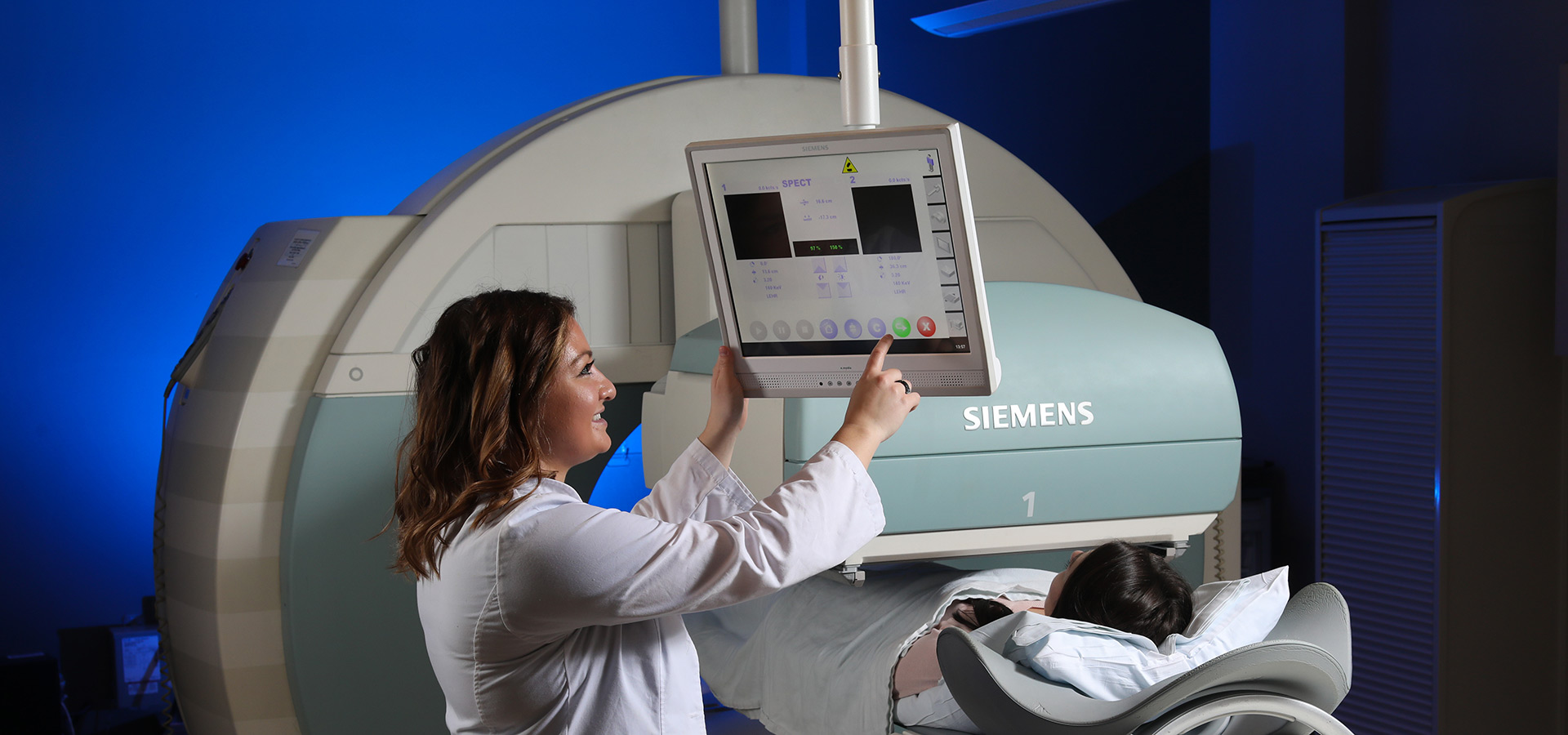In the realm of scientific exploration, nuclear technology stands as a powerful catalyst for unparalleled advancements. The journey from the discovery of nuclear principles to the current landscape of cutting-edge applications has been a testament to human ingenuity and determination. This article delves into the intriguing trajectory of nuclear technology, its evolution, and the profound impact it has on the progress of scientific knowledge.

The Genesis of Nuclear Technology
The roots of nuclear technology trace back to the early 20th century when scientists like Marie and Pierre Curie began unraveling the mysteries of radioactivity. Subsequently, Ernest Rutherford’s groundbreaking work laid the foundation for understanding atomic structure, setting the stage for the development of nuclear technology. The discovery of nuclear fission in the late 1930s by Otto Hahn and Fritz Strassmann marked a pivotal moment, paving the way for harnessing nuclear energy for various applications.
Nuclear Energy: A Double-Edged Sword
The advent of nuclear energy brought forth both promises and perils. On one hand, it offered an efficient and potent source of power, enabling the generation of electricity through nuclear reactors. On the other hand, the destructive potential of nuclear weapons cast a shadow of fear and urgency on the international stage. The duality of nuclear technology has prompted ongoing debates about its ethical implications and global security concerns.
Nuclear Medicine: Healing from Within
Beyond its role in energy production and weaponry, nuclear technology has found applications in the field of medicine. Nuclear medicine techniques, such as positron emission tomography (PET) and single-photon emission computed tomography (SPECT), have revolutionized diagnostics and treatment. These technologies allow for non-invasive imaging and precise targeting of diseases, ushering in a new era of personalized medicine.
Innovation in Nuclear Reactors
The evolution of nuclear reactors reflects continuous efforts to enhance safety, efficiency, and sustainability. Advanced reactor designs, including molten salt reactors and small modular reactors (SMRs), showcase the industry’s commitment to addressing environmental concerns and optimizing energy production. The pursuit of next-generation nuclear technology aims to unlock new possibilities, such as thorium-based reactors, which boast inherent safety features and reduced nuclear waste.
Nuclear Fusion: The Holy Grail of Energy
While nuclear fission has been the primary focus of power generation, the quest for nuclear fusion remains a holy grail in the field of energy. Fusion, the process that powers the sun, holds the promise of abundant, clean, and limitless energy. Collaborative international projects, like ITER (International Thermonuclear Experimental Reactor), exemplify the global effort to bring nuclear fusion from the realm of scientific theory to practical energy solutions.
Challenges and Ethical Considerations
As we navigate the frontiers of nuclear technology, it is essential to acknowledge and address challenges and ethical considerations. The proper disposal of nuclear waste, prevention of nuclear proliferation, and ensuring the safety of nuclear facilities are critical aspects that demand global cooperation and responsible stewardship. Striking a balance between harnessing the potential of nuclear technology and safeguarding humanity from its risks remains an ongoing challenge.
The Future Landscape: Interdisciplinary Collaboration
The future of nuclear technology hinges on interdisciplinary collaboration and the integration of diverse scientific fields. The synergy between nuclear physics, materials science, engineering, and computer science propels the development of innovative solutions. Quantum computing, for instance, holds the promise of optimizing nuclear reactor designs and simulating complex nuclear reactions with unprecedented precision.
Conclusion: Navigating the Nuclear Frontier
In conclusion, the journey of nuclear technology from its nascent stages to the present day is a testament to human curiosity, innovation, and resilience. As we stand on the cusp of unprecedented scientific breakthroughs, it is imperative to approach nuclear technology with a balanced perspective. Embracing the potential for positive transformation while addressing the associated challenges will guide us towards a future where nuclear advancements propel the frontiers of scientific knowledge and human progress.